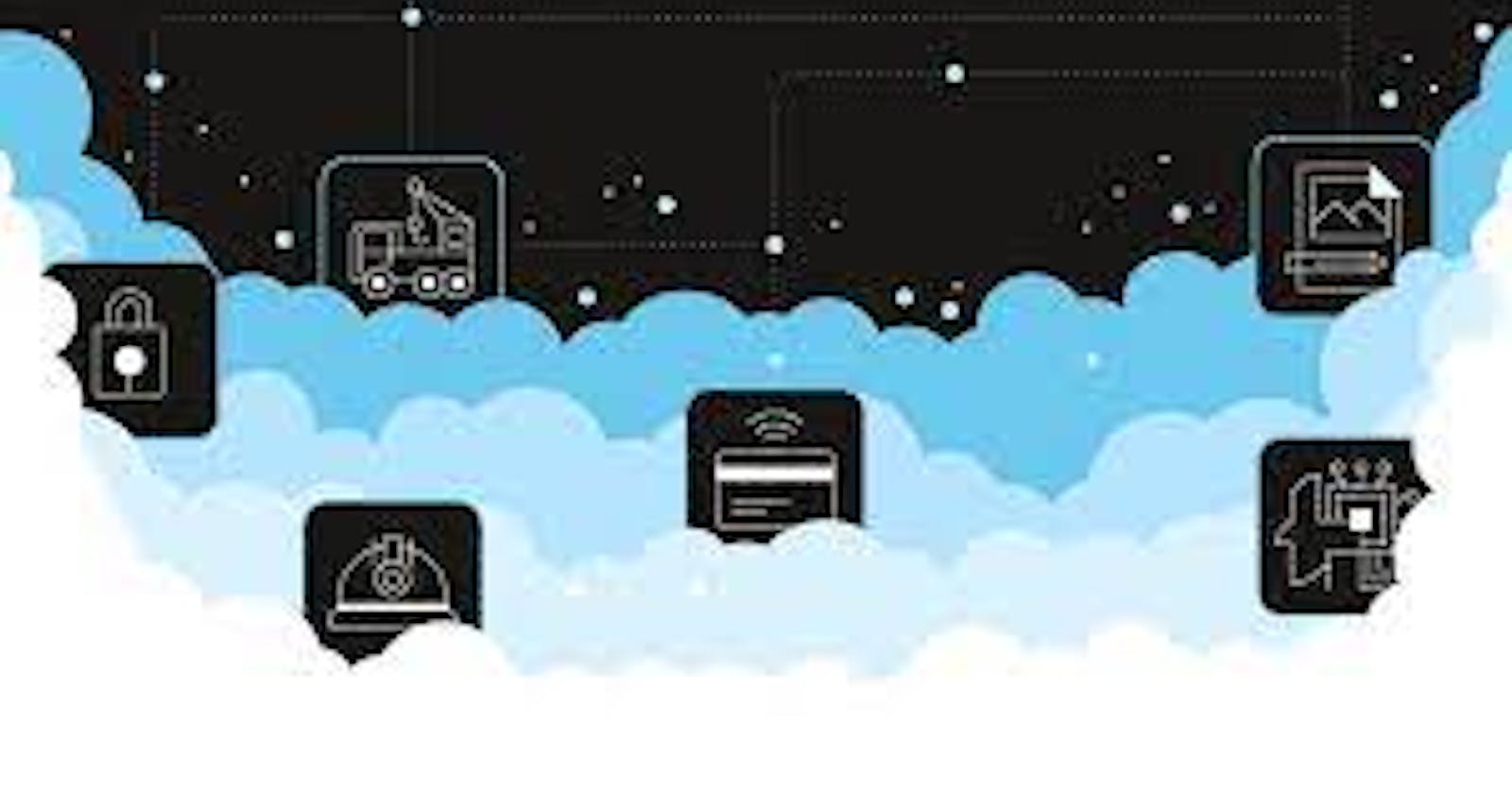Table of contents
- The Concept of Cloud
- Cloud Architecture has four flavors
- Private Cloud:
- Public Cloud:
- Community Cloud:
- Hybrid Cloud:
- Types of cloud computing:
- Infrastructure as a Service (Iaas):
- Platform as a Service (Paas):
- Software as a Service(Saas):
- Advantages of Cloud Computing over local Computing
- Threats to Cloud Security:
The Concept of Cloud
The term cloud computing refers to the practice of remotely storing data or running applications on a network of Internet servers.
These services are controlled and managed by companies providing the cloud service.
Cloud Architecture has four flavors
a. Private cloud
b. Public cloud
c. Community cloud
d. Hybrid cloud
Private Cloud:
A private cloud is set up and used for a single entity or organization. It is that organization's private storage, hosting, and computing space. Companies with sensitive data choose to go for this option.
Public Cloud:
A public cloud is the general storage and hosting service that we all as individual consumers use. It is owned by a service provider and shared by several resource tenants.
Community Cloud:
A community cloud belongs to a group of organizations with similar interests. The convergence of their interests may be social or commercial. This cloud can also be called semi-private or semi-public cloud.
Hybrid Cloud:
A hybrid cloud is remix of two or more different kinds of cloud architectures. The participant clouds retain their individuality but are connected through a shared standard or patented technology. This enables data portability between different kinds of cloud while retaining their individuals benefits.
Types of cloud computing:
->Infrastructure as a Service (Iaas)
-> Platform as a Service (Paas)
->Software as a Service (Saas)
Infrastructure as a Service (Iaas):
Clouds provide basic IT infrastructure to their clients in the firm of networks, virtual computers, and storage space among other things. This forms a remote IT system for na organization which is manageable and flexible.
Platform as a Service (Paas):
This cloud computing option gives the consumers the flexibility of focusing on just the applications that they run on cloud.
Software as a Service(Saas):
A complete software application or product can be run on cloud. Service providers do all th heavy lifting of making sure the application is available and managed well. Web based mail services, social networking sites are common examples of such a service.
Advantages of Cloud Computing over local Computing
-> Cost: Cloud computing eliminates the capital expense of buying hardware and software and setting up and running on-site datacenters—the racks of servers, the round-the-clock electricity for power and cooling, the IT experts for managing the infrastructure. It adds up fast.
-> Speed: Most cloud computing services are provided self service and on demand, so even vast amounts of computing resources can be provisioned in minutes, typically with just a few mouse clicks, giving businesses a lot of flexibility and taking the pressure off capacity planning.
-> Productivity: On-site datacenters typically require a lot of “racking and stacking”—hardware setup, software patching, and other time-consuming IT management chores. Cloud computing removes the need for many of these tasks, so IT teams can spend time on achieving more important business goals
-> Global scale: The benefits of cloud computing services include the ability to scale elastically. In cloud speak, that means delivering the right amount of IT resources—for example, more or less computing power, storage, bandwidth—right when it is needed and from the right geographic location.
->Performance: The biggest cloud computing services run on a worldwide network of secure datacenters, which are regularly upgraded to the latest generation of fast and efficient computing hardware. This offers several benefits over a single corporate datacenter, including reduced network latency for applications and greater economies of scale
Threats to Cloud Security:
• Data Breach
• Data Loss
• Account Hacking
• Disgrunted Insider
• Technology Loop Holes
• Shared Space
It could be a valuable addition and I hope your find it helpful. It covers a comprehensive overview of different cloud deployment models and explains you can choose the best one for your business based on your requirements. This article also investigates the pros and cons of each model Click here
Thanks for reading. I would love to connect with you all on Twitter .
